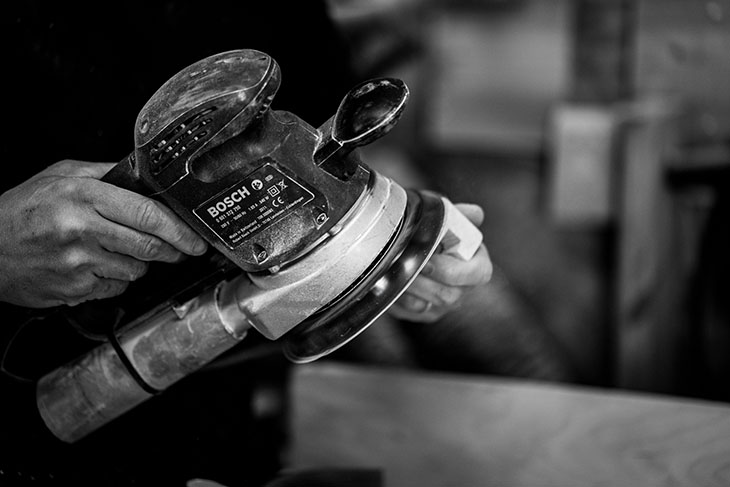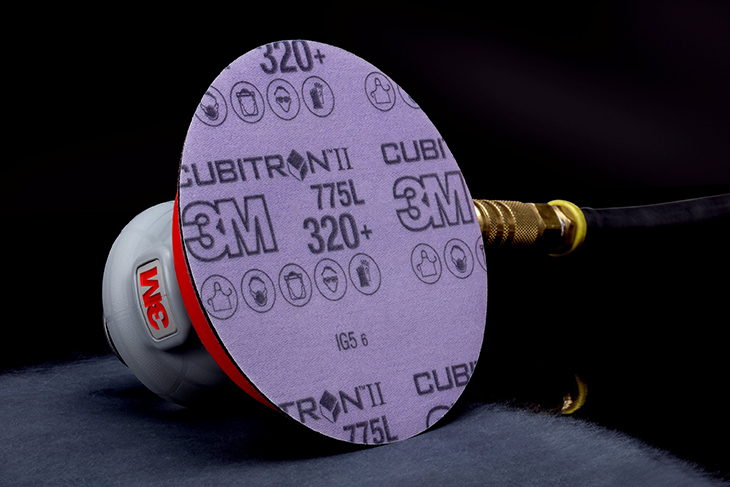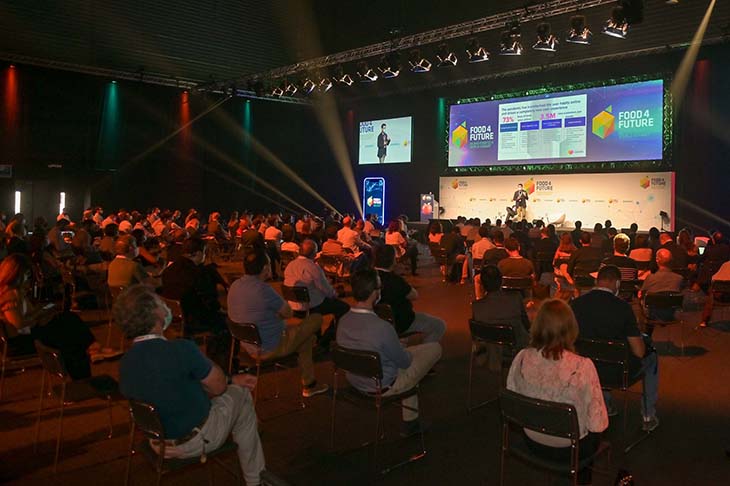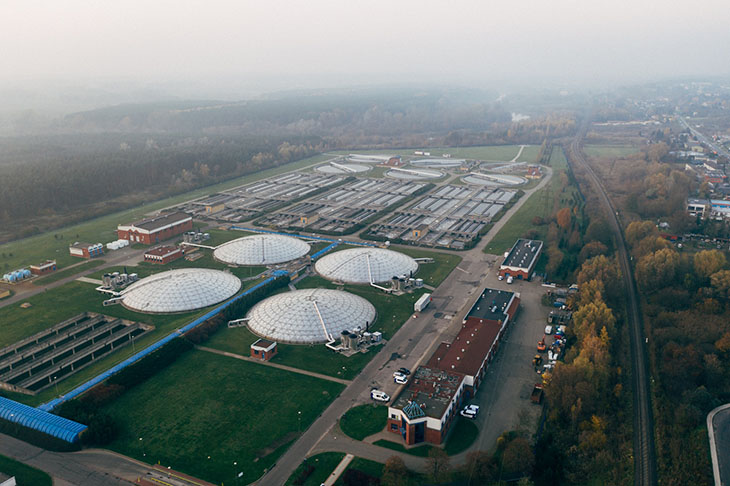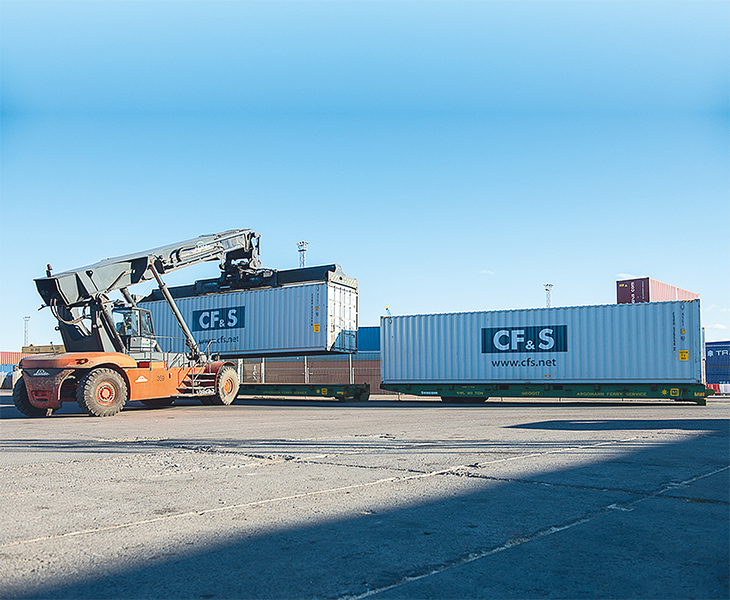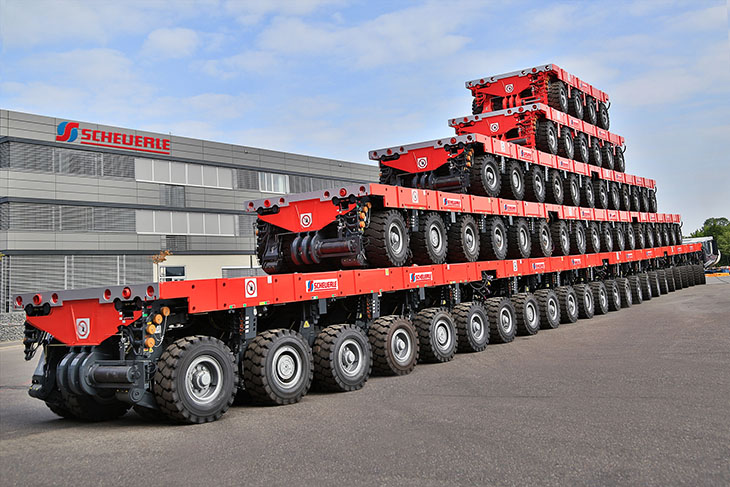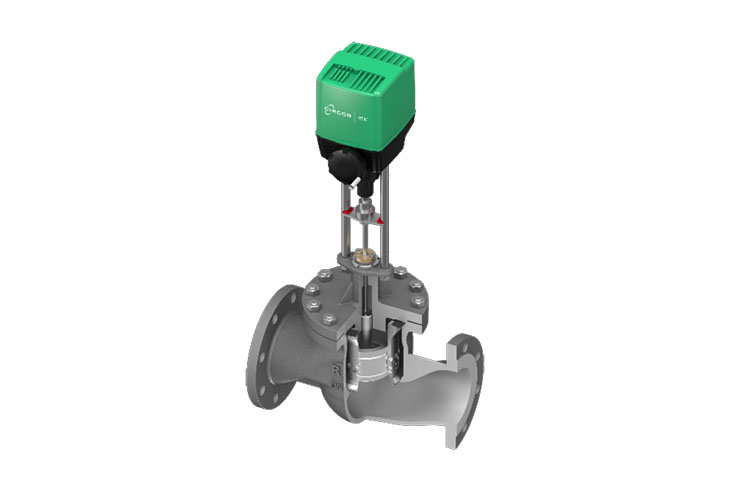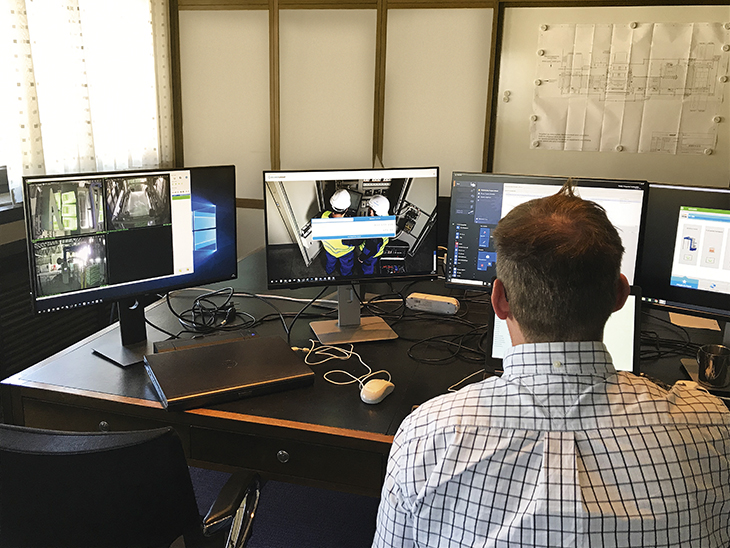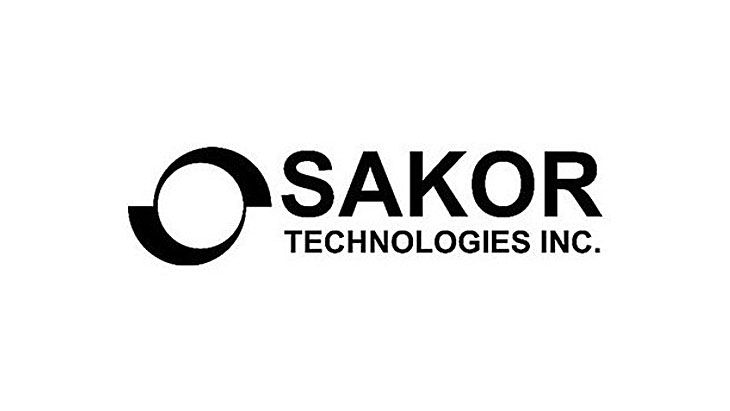The European Union and Japan yesterday officially launched negotiations for a free trade agreement (FTA).
European automobile manufacturers respect the decision taken last year by the Council of the European Union to give the Commission a mandate to open trade negotiations with Japan. Indeed the 15 members of the European Automobile Manufacturers' Association (ACEA) are global players, with factories in all regions of the world. As such, they support multilateral efforts to liberalise trade in automobiles. "We are strongly in favour of FTAs that are balanced and that provide real opportunities for export," stated Ivan Hodac, ACEA's Secretary General. "However we still have some reservations about an FTA with Japan. We question its potential to create sufficient opportunities for European exporters to counterbalance the greater access to the EU which Japanese manufacturers will gain as a result of tariff reductions.”
Japan currently retains unique national requirements which add to the cost of imports, without bringing benefits to the consumer. ACEA stresses the need for Japan to accelerate the harmonisation of its vehicle standards with UN Regulations.
"Our industry requests that an EU type-approved vehicle can be sold in Japan without the need for further certification or costly modification. This is not the case today," explained Mr Hodac. "European cars are amongst the safest and cleanest in the world, so there is no reason why a car that is suitable for EU consumers should not be suitable for Japanese consumers."
ACEA also calls for Japan to revise the fiscal and other privileges enjoyed by kei-cars (super-mini cars which are a creation of the Japanese regulatory system), so that European sub-compact cars can compete on an equal footing.
"ACEA urges for the real and effective elimination of non-tariff barriers in the car sector. We welcome the fact that in twelve months the European Commission will assess whether Japan’s progress in this regard is fully satisfactory," stated Hodac. If this is not the case, the Commission has indicated that it will 'pull the plug' on the negotiations.
ACEA has suggested to the Commission to set challenging, but realistic, targets for the first year of the negotiations. It will work constructively with the Commission and other relevant stakeholders to ensure that Japan fulfils its commitments to eliminate non-tariff barriers in the automotive sector.
Press release
- Selecting the Right Abrasive: How to Optimize Sanding for Di...
- Is Your Home Bleeding Heat? 5 Ways to Lower Heating Costs Th...
- Carbon Clean signs agreement with Julius Montz, a Koch Engin...
- 5 Factors to Consider When Choosing a Roofing Material for Y...
- How Technology, Social Media And Influencers Are Attracting ...
- Depo Car Lightning...
- 3M celebrates 10 years of excellence with the 3M Xtract Cubi...
Most Read
Week
Month
All










